Georg Wurth, leader and owner of the German Hemp Association (DHV), the main entity in the pro-legalization movement of cannabis in Germany, was interviewed on La W to address the current situation of cannabis legalization in the country and the measures being implemented.
In his intervention, Wurth pointed out that there are certain restrictions regarding recreational marijuana consumption. Currently, adults can carry up to 25 grams of cannabis for personal use in public places, but smoking within 100 meters of schools or sports facilities is prohibited. Additionally, in domestic settings, the permitted amount is raised to 50 grams.
The activist expressed certain criticisms of the current law, suggesting that cannabis consumption should be treated similarly to tobacco. However, he recognized this step as significant, considering it a gesture of tolerance towards those who use this substance, acknowledging that they do not cause harm to others.
Finally, Wurth emphasized that although this initiative will not generate tax revenue due to the lack of complete market regulation, it represents a step towards the decriminalization of consumers, even allowing for personal cultivation, although a free cannabis market has not yet been established in Germany.

Legislation regarding the trafficking, cultivation, and possession of cannabis varies in severity from country to country. In the Netherlands, sale for recreational use is legal in authorized establishments called coffee shops, being the only country in the European Union that allows it. In Spain, cultivation of cannabis for personal use or in exempt modalities from punishment is allowed. However, its therapeutic use is still not regulated and is pending government processing, leading to a shortage of cannabis-based medicines due to lack of regulation, a process that can be prolonged for years due to bureaucratic issues.
In the Spanish legislative sphere, the debate on cannabis has been driven by proposals to amend the law, such as the one presented by Izquierda Unida in 2006 to reform the Corcuera Law. Additionally, cannabis associations have emerged that offer legal access to cannabis as an alternative to the free market legalization model, which is considered to potentially encourage uncontrolled trade following unregulated consumption patterns. These associations have restrictive entry criteria, limited to adults and consumers recommended by members.
The conservative government of Mariano Rajoy introduced a bill in 2013 that toughened penalties for cannabis possessors and consumers in public spaces, eliminating the option of substituting fines for detoxification programs and increasing fines for the cultivation of drugs not constituting a crime. This measure was criticized by drug dependency experts and representatives of cannabis associations, who considered it regressive and harmful to users.
In 2022, the Congress of Deputies debated the regulation of medicinal cannabis, with the Health and Consumption Committee approving by an absolute majority a report urging the Government to approve it within six months, although the process was hindered and not fully materialized due to the general elections of 2023.
In Portugal, drug consumption, including marijuana, is still prohibited, but since 2001, drug possession is not considered a crime. According to a Ministry of Health official, the focus is on addressing addiction as a disease, not criminalizing affected individuals. Those detained with minimal amounts are referred to monitoring committees, led by the Ministry of Health, to receive detoxification treatment if necessary, without this being recorded in police or judicial records. This policy has resulted in a decrease in consumption.
In Germany, efforts to legalize cannabis have been initiated since 2022. After the leadership change with Olaf Scholz, proposals were made to increase the minimum wage, reduce the voting age, and legalize the sale of cannabis for recreational use. Hearings with medical and legal experts have been held to inform about possible legalization. Despite meetings between ministers from various countries to discuss the regulation of the cannabis market, an official agreement has not yet been reached.
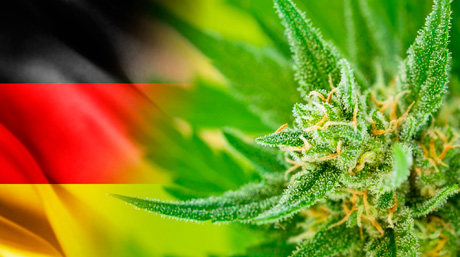
In the United Kingdom, there was a statement by the Brixton police in England indicating that they would not arrest individuals for cannabis possession, opting for warnings and confiscations instead. This led to the recommendation to reclassify cannabis from Class B to Class C in 2001, although possession remains a crime.
Malta has legalized the cultivation and consumption of cannabis for recreational use, allowing possession of up to seven grams and the cultivation of up to four plants per person over 18 years old, although public consumption remains illegal.
In Oceania, marijuana is used in rituals in some indigenous tribes. And in Australia, certain areas have decriminalized possession and limited cultivation of cannabis for personal use, with minor fines in case of infringement.
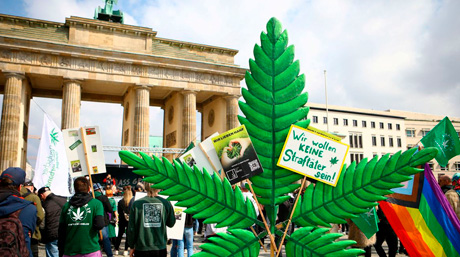
In June 2011, the Global Commission on Drug Policy issued a report suggesting a shift in strategy towards drugs, advocating for the legalization and regulation of consumption, given the evident failure of the prohibitionist policy promoted by the US and the United Nations up to that point. A significant increase in the consumption of opiates, cocaine, and cannabis between 1998 and 2008 was highlighted as a sign that existing policies were not working. One of the key arguments supporting legalization was that crackdown on consumption hindered public health efforts to address HIV/AIDS and overdose deaths.
In August 2012, former Colombian president César Gaviria acknowledged a paradigm shift in drug policies.
In Mexico, there have been intense debates about drug legalization, with jurist Miguel Carbonell Sánchez arguing that inclusive international dialogue is needed. Carbonell argues that while the state can discourage certain behaviors, it cannot impose a specific lifestyle or prohibit the consumption of certain substances through penal coercion.
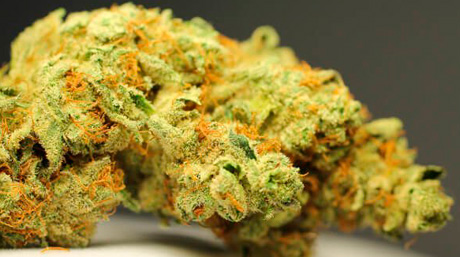



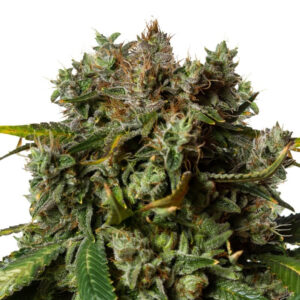

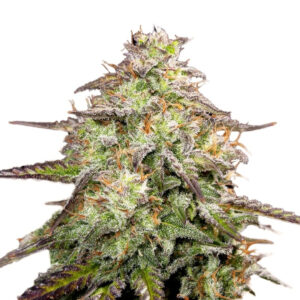
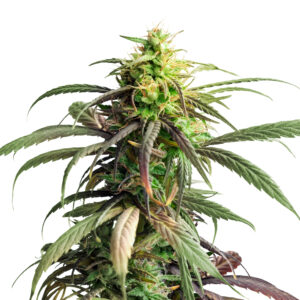






Related Posts
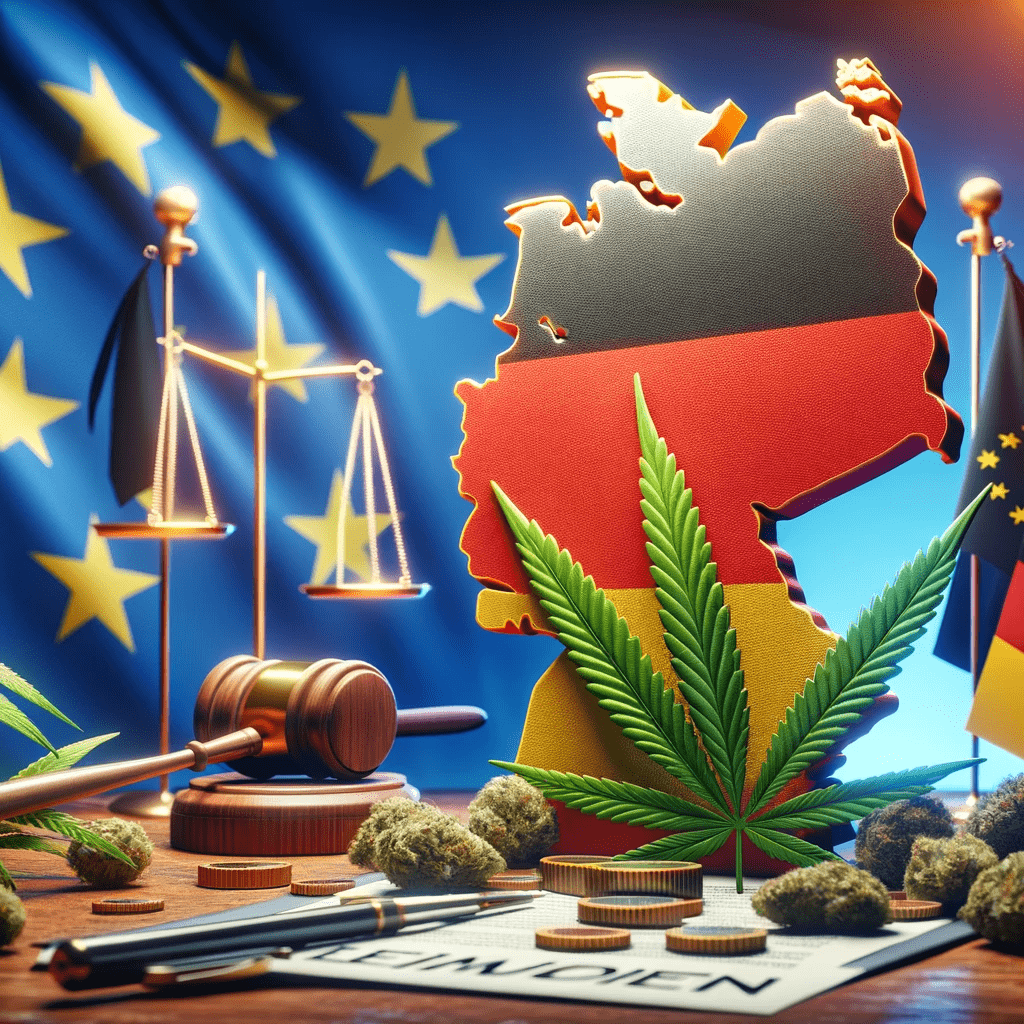
Dive into Germany’s groundbreaking step in legalizing recreational cannabis, setting a trend in the EU. Understand the nuances of European cannabis laws, their implications, and the mixed approaches towards medicinal and recreational use across the continent. Stay updated on this dynamic topic.

Welcome to the exciting world of cannabis and cryptocurrency! BTC and marijuana make the perfect match, offering a seamless and secure way to purchase weed seeds and accessories.
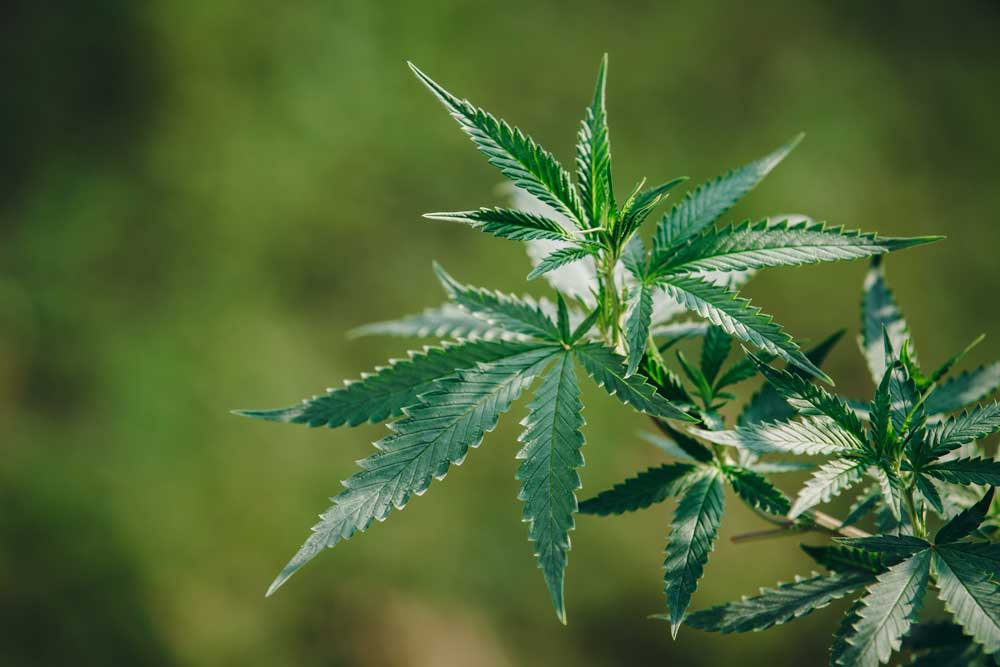
The regulatory landscape of marijuana in Europe is shifting, with countries like Germany, Malta, Luxembourg, Czech Republic, and Switzerland taking steps towards decriminalization or legalization. Learn about the reasons behind these changes and their impact on the continent.